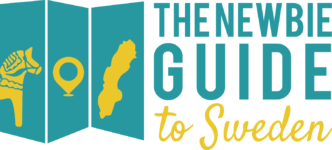Written by Hamzah Dzikri Fadliansyah In the middle of uncertainty, fate decided that I would study in Sweden, a country that was not my top priority. I could tell you my rollercoaster story of applying for a master’s degree program, but this could be a very long story to tell. Fret not! I will tell […]
education
Swedish Taxes: Where, Why and How?
Written by Georgia Lane A guide to where our tax money goes and the pros and cons of a high tax society. Sweden has a progressive income tax and income thresholds are regulated each year. On each earning over this figure you will also pay national income taxes, with the money going to the state. […]
What’s different about Sweden?
Written by Abhimanyu Tvagi 23rd of August 2018 marks one full year since I packed my bags, leaving behind the comfort of being in my home country and coming to Sweden. With 2 bags, some apprehension, some old memories and lots of excitement to embark on this new journey. I was going to study in […]
Schools Out for Sommar! Celebrating the skolavslutning in Sweden.
It’s that time of year again when schools begin to wind down towards the summer break, and students of all ages begin to dream of the long holidays ahead. In Sweden, there is one important tradition to take part in before children and teens can bid their classes farewell and head for the beach: the […]
